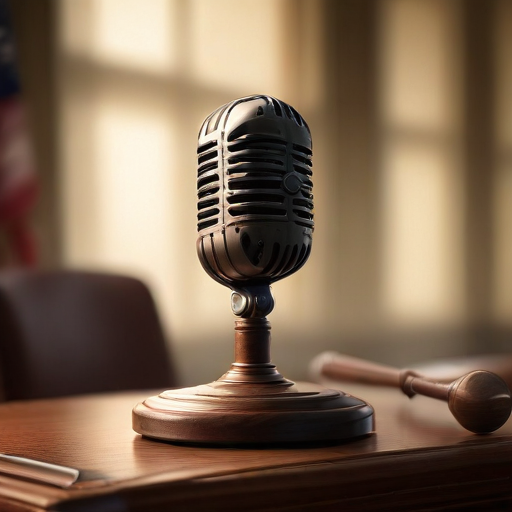President-elect Donald Trump has appointed Brendan Carr as the new chairman of the Federal Communications Commission (FCC), and he wasted no time in outlining his priorities. Just one hour after his appointment announcement, Carr took to social media to express his intent to “dismantle the censorship cartel” and restore free speech for Americans. His message resonated with Trump and tech entrepreneur Elon Musk, who endorsed Carr’s sentiment.
Carr’s statements signal a significant shift in priorities at the FCC, traditionally focused on broadband internet expansion and wireless regulations. Instead, Carr has indicated that he will target perceived censorship by technology companies, promise accountability for broadcasting stations, and move away from the FCC’s previous efforts on diversity, equity, and inclusion.
As a senior Republican at the FCC, Carr’s appointment was widely anticipated. He has a close relationship with Musk, whom he has defended against regulatory actions affecting Musk’s projects, such as Starlink. His leadership may also influence federal subsidies for such initiatives. While Carr claims to strive for balanced regulation, his history suggests a focus on initiatives closely aligned with Trump’s agenda.
Carr’s approach echoes concerns raised by many conservatives about the alleged censorship from social media platforms like Facebook and Twitter. These platforms have claimed that content moderation is necessary to combat misinformation. Carr’s recent letters to major tech company CEOs indicate a push for a legislative review to restore First Amendment rights that he believes have been compromised.
While Carr aims to rein in major tech companies—highlighting platforms like TikTok as security risks and advocating for changes to net neutrality and Section 230 of the Communications Decency Act—historically, the FCC’s regulatory reach over social media platforms is limited and would require Congressional action for substantial changes.
The media reform organization Free Press criticized Carr’s appointment, suggesting his agenda aligns more with personal political vendettas than public interest. However, others, like former FCC official Gigi Sohn, highlighted Carr’s qualifications despite differing viewpoints.
In summary, Carr’s chairmanship at the FCC marks a potential turning point in communication policies in the United States, focusing on free speech and accountability in broadcasting rather than expanding internet access—a pivot away from previous leadership priorities.
With Carr at the helm, there is potential for a robust debate on the role of technology in free speech and regulatory accountability. While the path ahead may be contentious, this shift may also spark a reevaluation of how technology companies operate and are regulated, contributing to a more engaged cultural discourse around media and speech rights.
